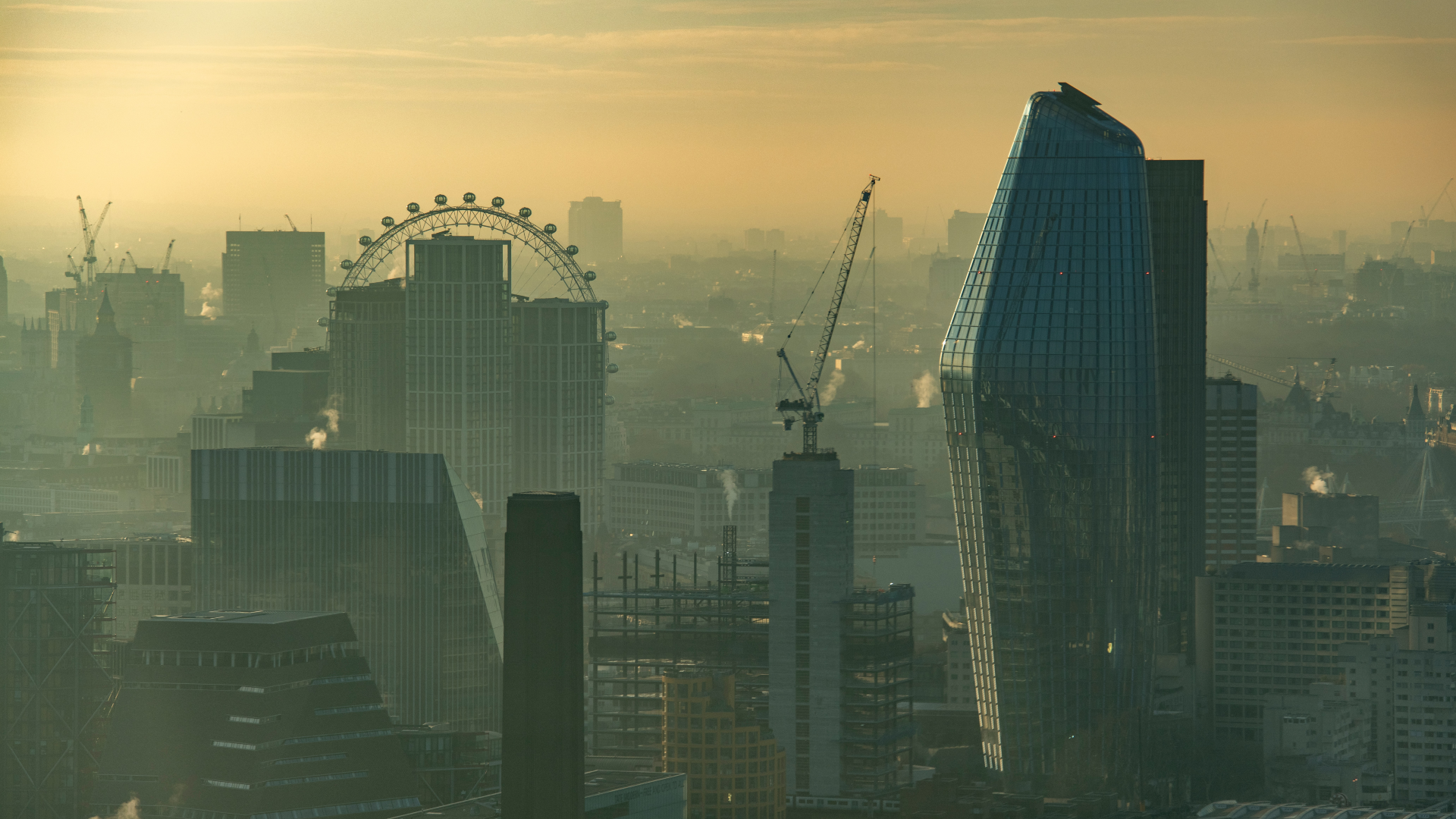The UK government has refused to commit to immediately lowering legal air pollution limits following the nation’s first recorded death due to toxic air – in 9-year-old Ella Kissi-Debrah.
Those still dubious as to the adverse health effects of air pollution surely won’t be by the end of this story.
This week marks the first, and hopefully the last instance that air pollution is directly responsible for claiming a life in the UK.
9-year-old Ella Kissi-Debrah, a schoolgirl from south-east London tragically passed away back in 2013 due to an exacerbation of her asthma and multiple seizures.
Almost 10 years later, a coroner’s report has underlined air pollution as the central cause behind both the initial development of asthma, and the respiratory attack that would ultimately claim her life.
Marking the first official instance air pollution has been recorded as a ‘cause of death’ in the UK, eco-outfits are now demanding national air pollution limits be brought in line with those recommended by the World Health Organisation (WHO).
In the coroner’s findings, it was discovered that young Ella was exposed to toxic levels of nitrogen dioxide and particulate matter far in excess of those set out in WHO guidelines, the principal source of which were traffic emissions.
‘The national limits for particulate matter are set at a level far higher than the WHO guidelines,’ he revealed. ‘The evidence at the inquest was that there is no safe level for particulate matter and that the WHO guidelines should be seen as minimum requirements.’




















